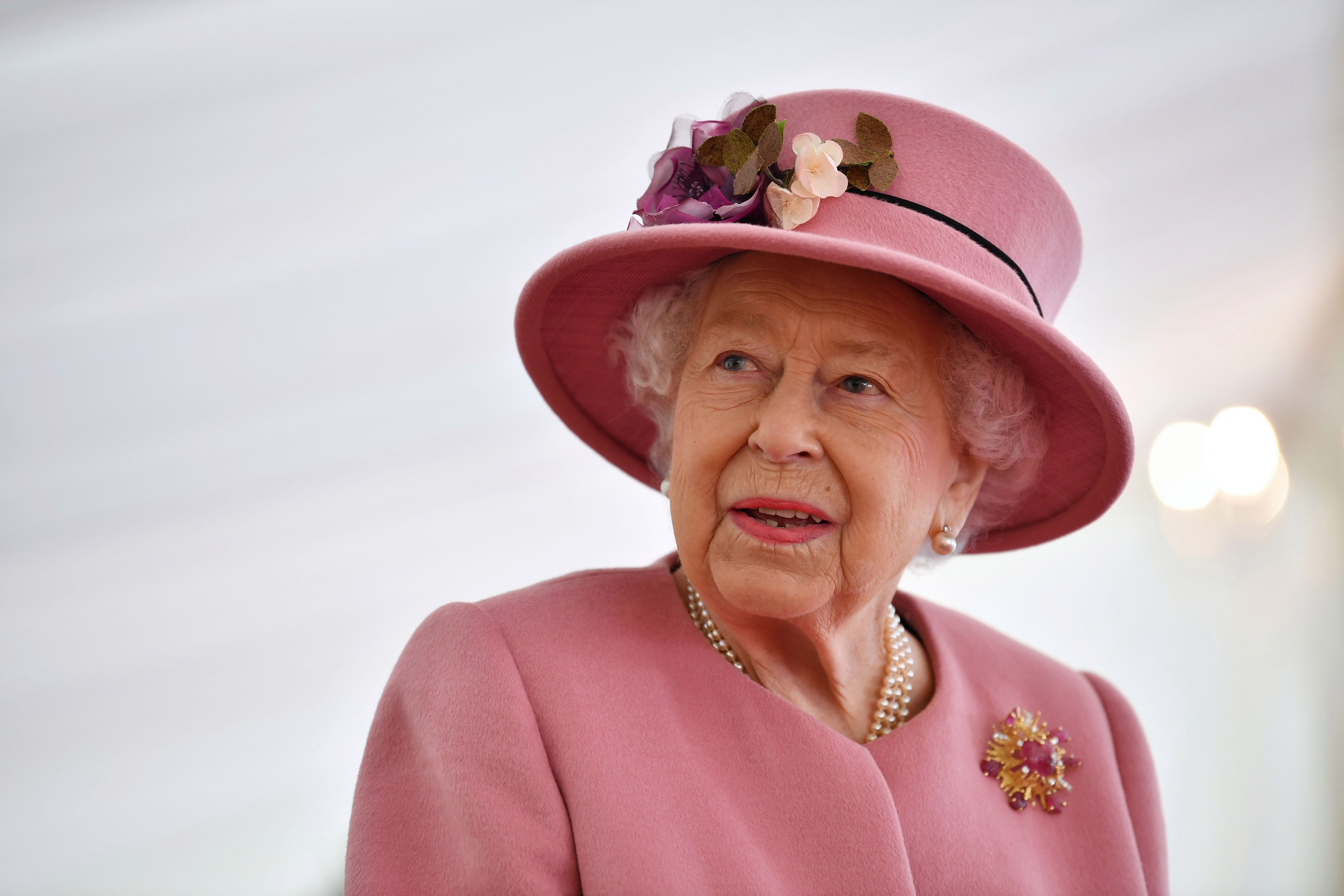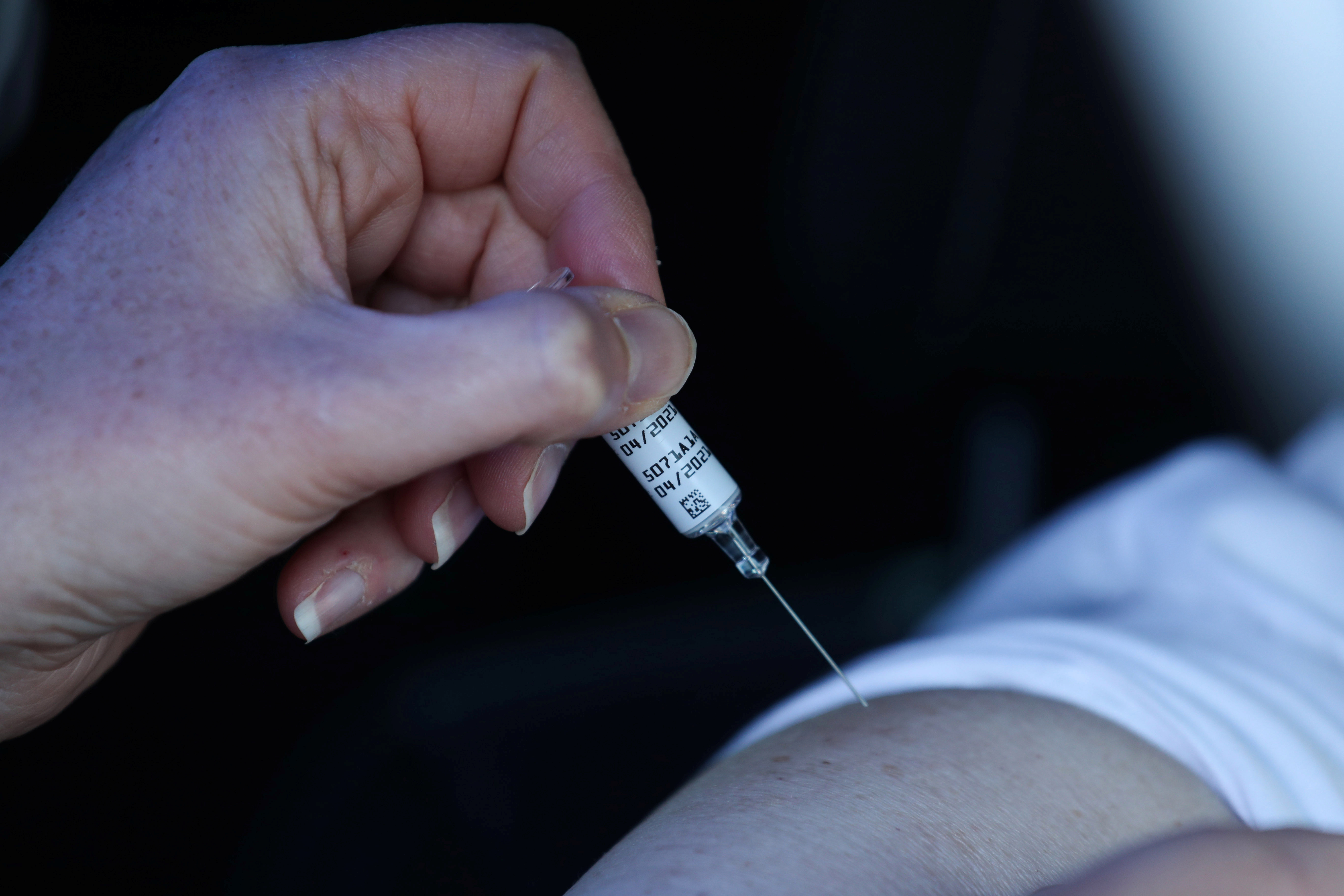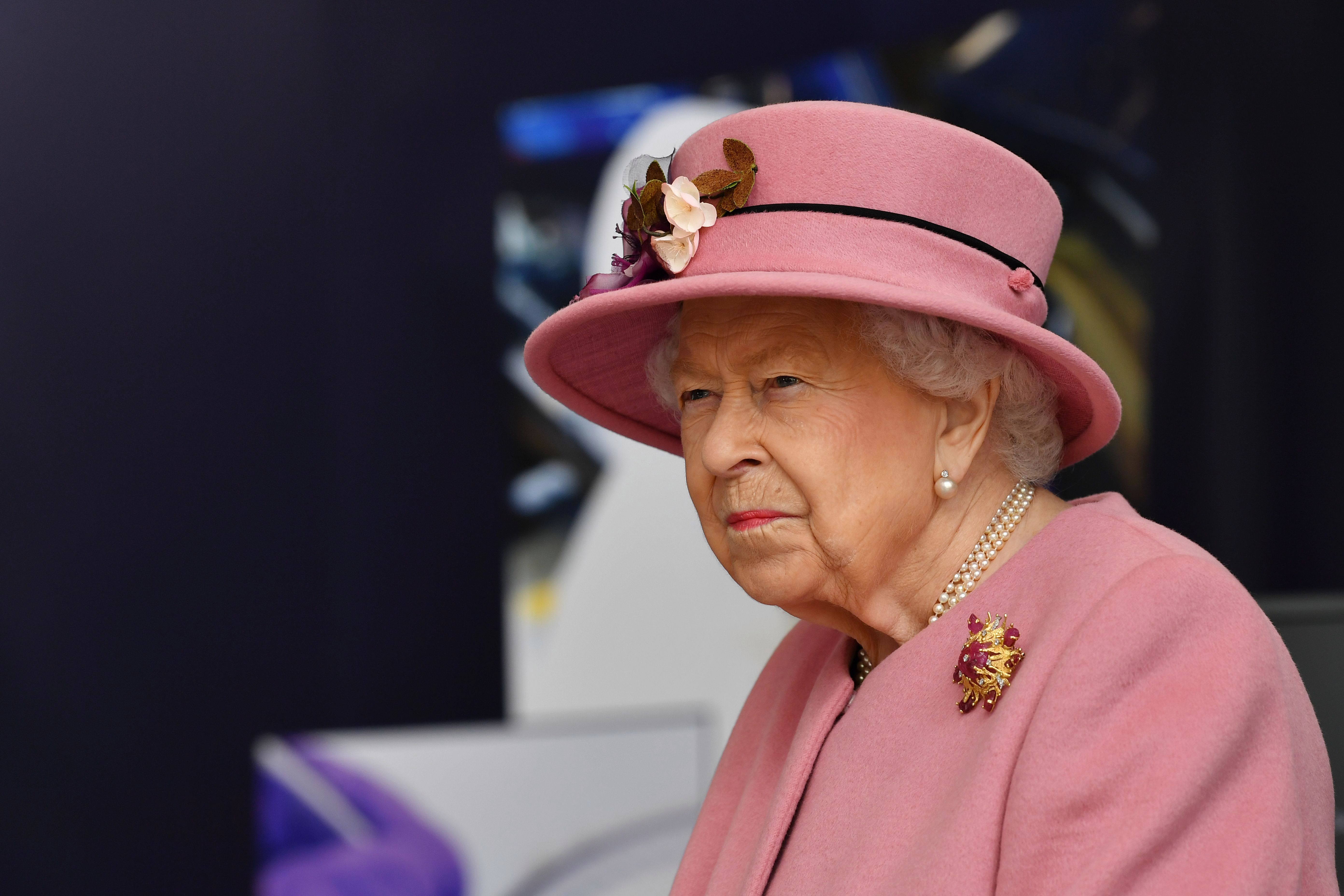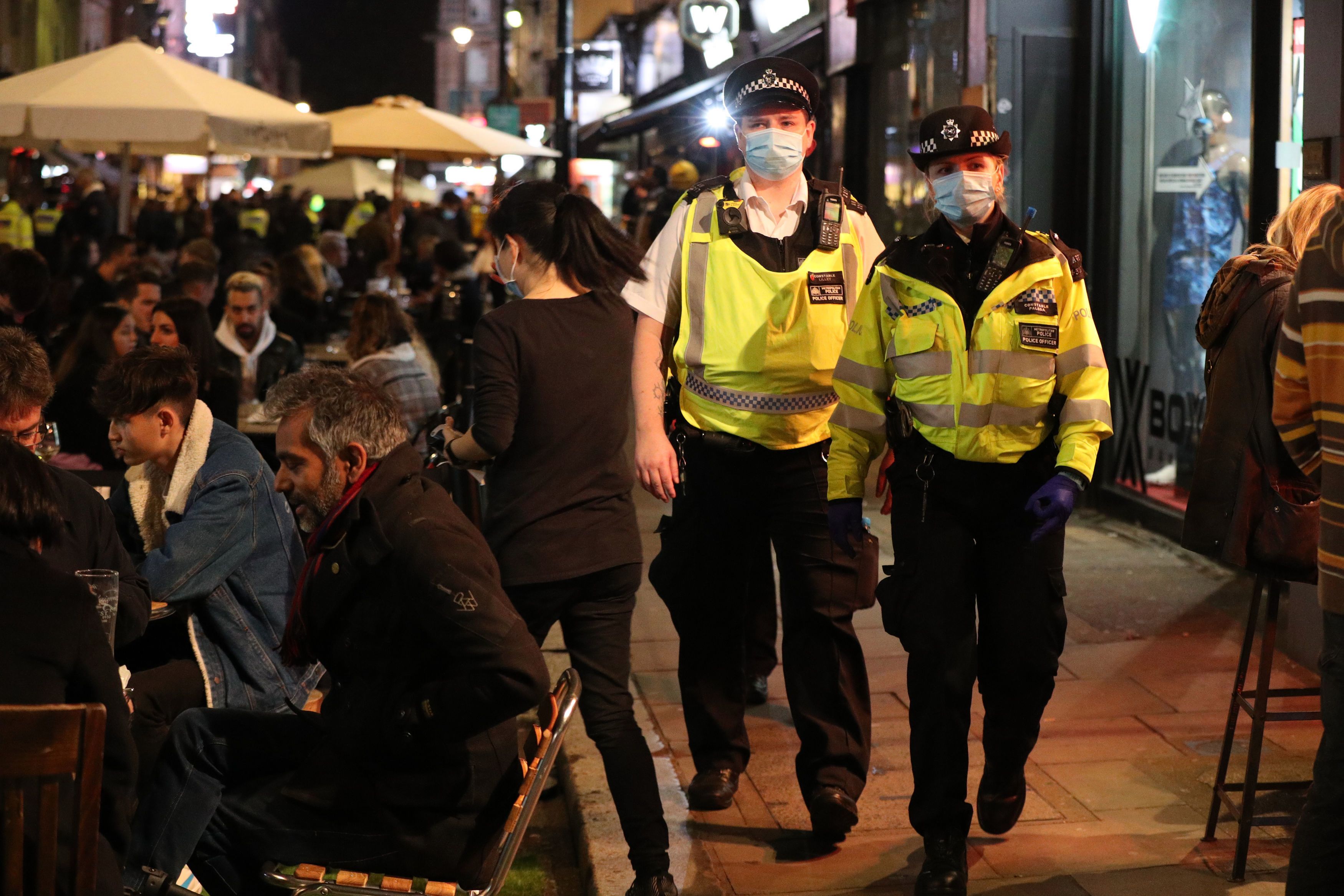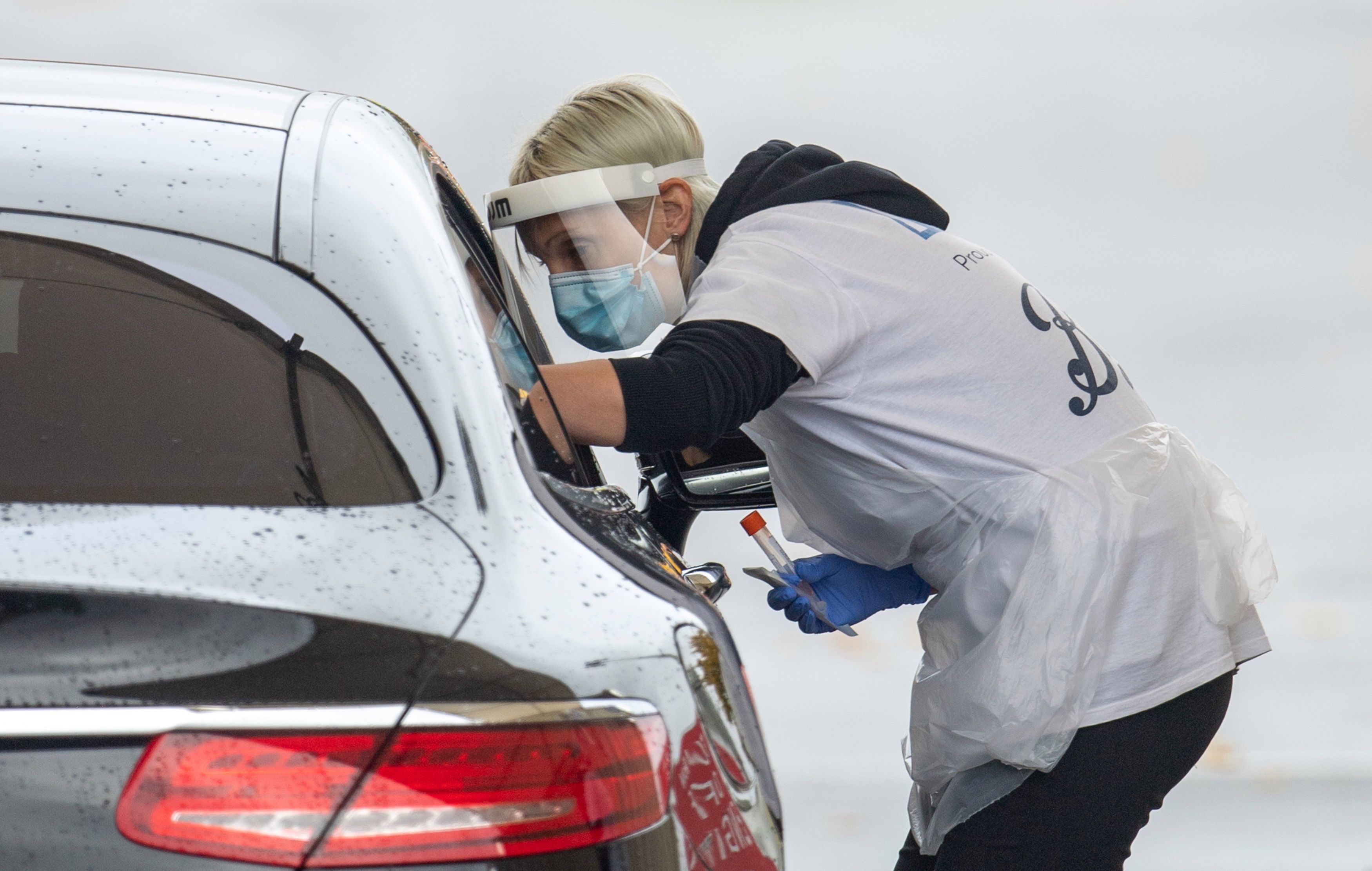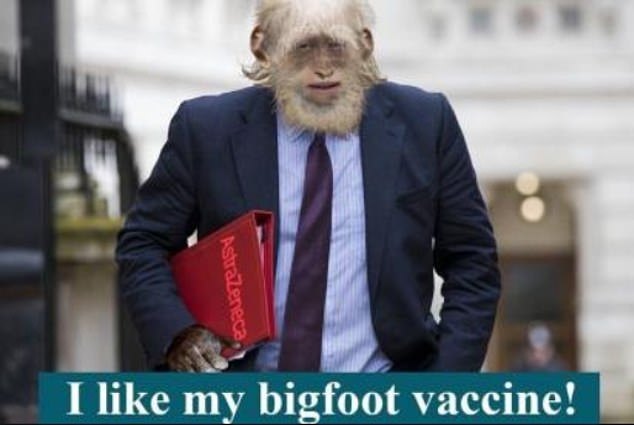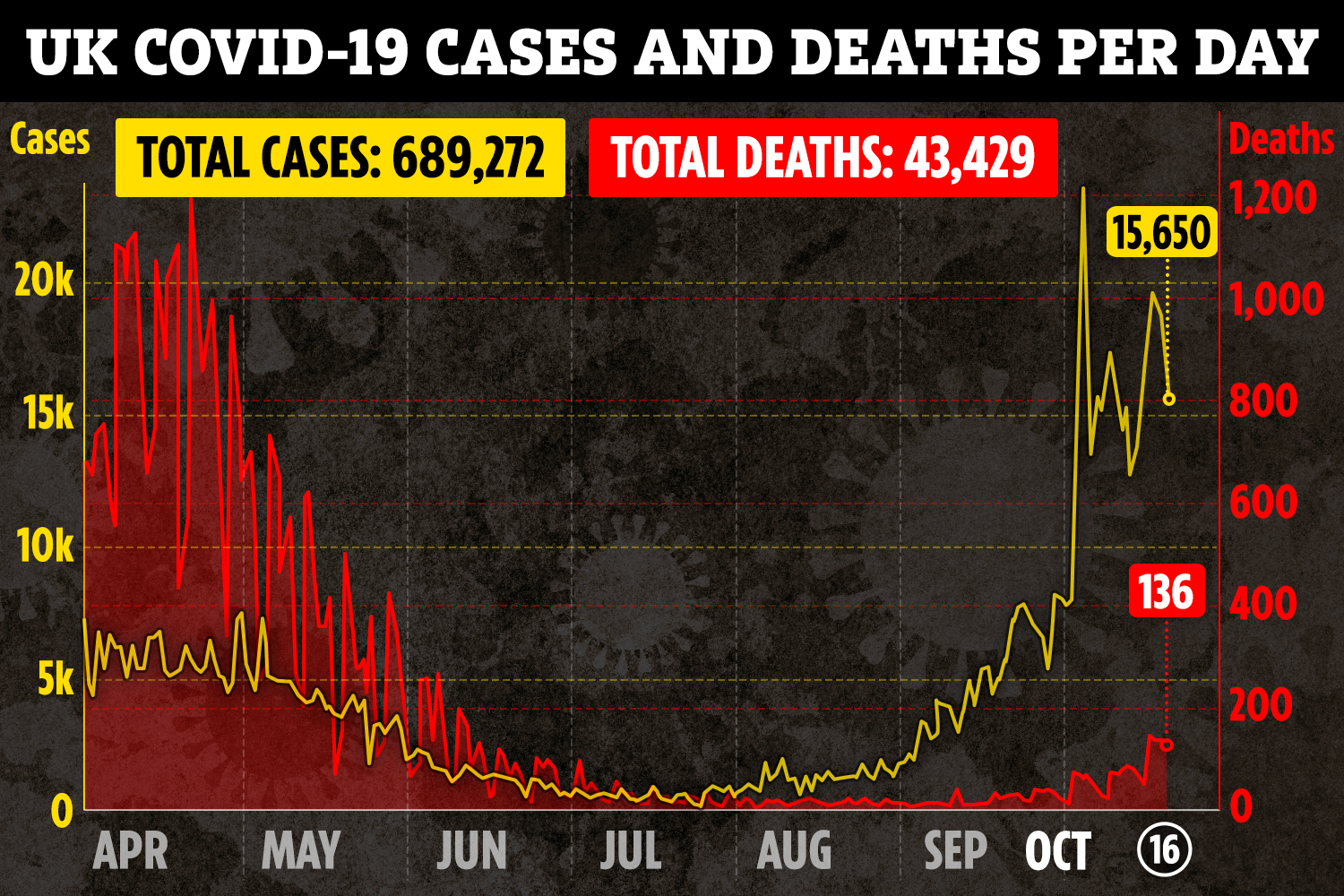Queen could be called on to boost trust in Covid vaccine over fears Brits won’t accept jab

THE Queen could be called on to bolster trust in a coronavirus vaccine - amid fears Brits won’t accept a jab.
A whopping one in five of us say we’re ‘unlikely’ to get vaccinated, even if one is approved by health watchdogs.
⚠️ Read our coronavirus live blog for the latest news & updates
It comes as Russia’s fake news factories churn out false claims that the Oxford University Covid vaccine turns people into monkeys.
Memes, posters and videos depicting the British-made vaccine — set to be distributed by AstraZeneca— as dangerous have been posted online.
Now a Government adviser says ministers need to boost trust in a jab - and the Queen could support efforts.
Heidi Larson, an expert on vaccine misinformation, has been consulted by No10 over concerns that even if an effective vaccine is created, doubts over safety would stop enough people being inoculated to achieve herd immunity.
And the American academic believes trusted figures could be recruited to reassure frontline health workers and other high-risk groups.
She told The Times: “If there’s one thing I’ve seen, and I’ve been here [in the UK] for over a decade now, it’s the trust that [the Queen] gets.
“And she’s certainly in that older cohort, so I think that’s actually really, really smart.
“Here’s the big question — will she get a vaccine?
“That may be a difficult one.
“I think the Palace is going to have to decide for themselves - do you want to risk a new vaccine on the Queen? Or do you want to keep her isolated?
“They’re going to have to weigh those risks. So I wouldn’t want to put her in a spot - but she is an important voice.”
Research by the Vaccine Confidence Project, which Professor Larson leads, has suggested that only about half of the public “strongly agrees” that vaccines are safe.
As much of 80 per cent of the population may have to be inoculated to gain herd immunity.
The Government’s chief scientific officer revealed small amounts of a coronavirus vaccine could be ready before the end of the year.
Sir Patrick Vallance said a number of candidates have shown they can generate an immune response that ought to be protective.
Meanwhile, Health Secretary Matt Hancock said a “mass roll-out” of a vaccine could be seen in the early part of next year.
“We are on the tipping point — we need more of a buffer,” Prof Larson said.
“One of the keys is going to be designing communication strategies that are responsive to these emerging concerns, not brushing them off.
“I’ve been called into a number of discussions [with the Government] on this.
Studies suggest many Brits will turn down vaccination
Academics say they’re ‘concerned’ about misinformation around jabs
Polling by the University College London (UCL) found that three-quarters of 17,500 adults surveyed said they would be “likely” to get vaccinated, with half saying they were “very likely” to do so.
But 22 per cent said this was unlikely, and one in 10 said this was “very unlikely”, with factors including worries about unforeseen effects, preferences for natural immunity, concerns about commercial profiteering, and mistrust of vaccine benefits.
Almost one in three showed substantial beliefs that vaccines can cause unknown future problems, while 15 per cent said they believed to varying degrees that vaccines do not work.
Twice as many people (21 per cent) said they would be “very unlikely” to get the flu vaccine compared with those who said the same for the Covid-19 vaccine, with 64 per cent saying it was likely they would do so.
And a YouGov poll from July showed that 10 per cent said they would not get a Covid jab and a further 20 per cent were unsure.
Experts behind the UCL study said it “highlights a concerning level of misinformation around vaccines, which could significantly affect uptake once a Covid-19 vaccine is approved”.
“It’s not clear to me that there’s a coherent communication strategy.”
She urged officials to “use every minute you have now to start getting people up to speed”, adding: “I wouldn’t waste too much more time”.
Danny Altmann, professor of immunology at Imperial College, is optimistic that a Covid vaccine will be successful created - and said: “I see vaccine hesitancy as a bigger threat.”
He fears that Britain could “sleepwalk” into a “half-baked” Covid vaccination campaign that fails to achieve herd immunity.
“It would doom us to being a population and a species that has this thing lurking in our lungs for ever more, percolating at a low level — and I hate that thought,” he added.
A government spokesman said: “The science is clear — vaccines save lives, which is why we are leading a global effort to find a Covid-19 vaccine.
“Vaccine misinformation in any form is completely unacceptable and it is everyone’s responsibility to seek NHS advice, so that they have the right information to make the right choice.”
